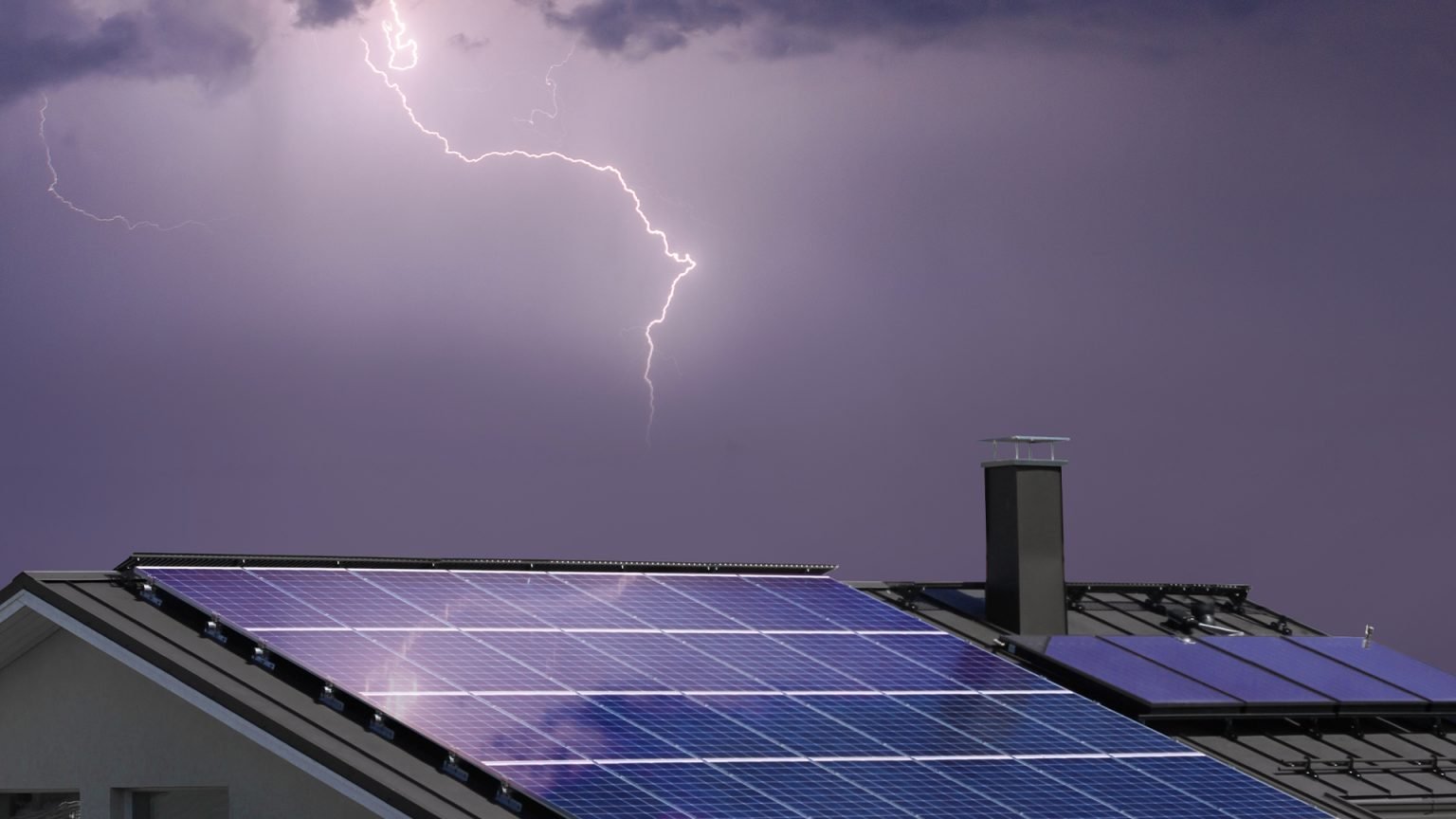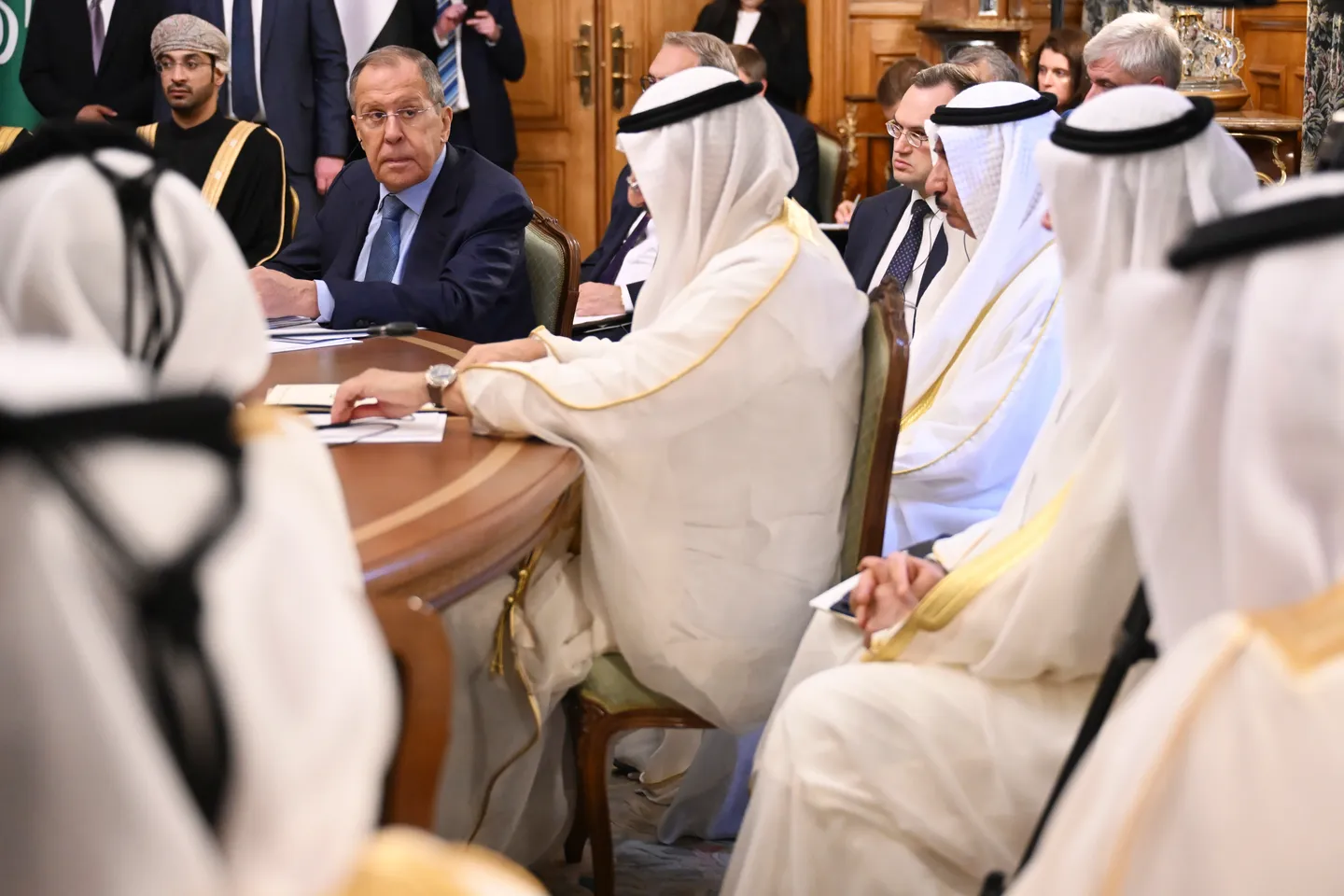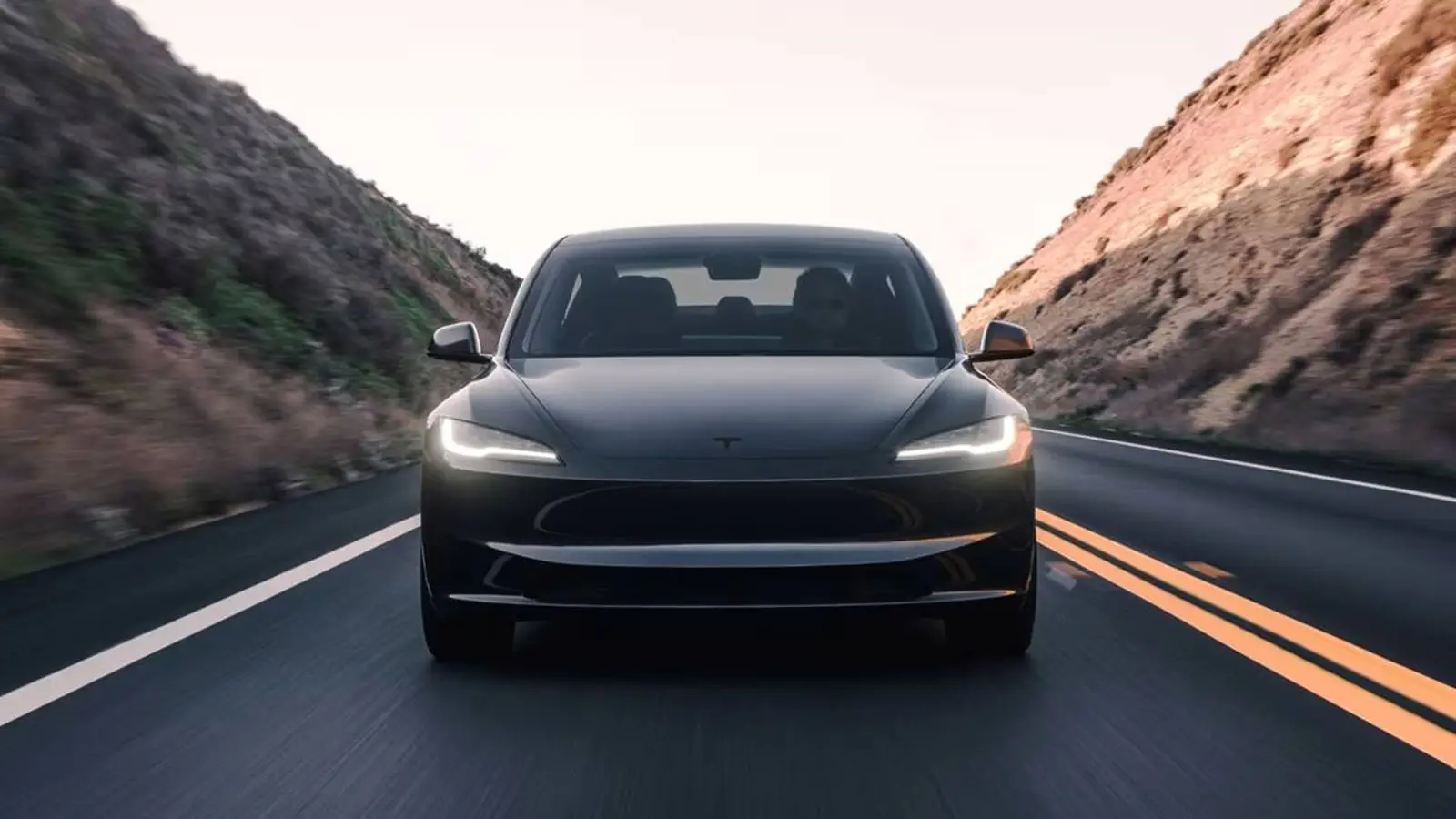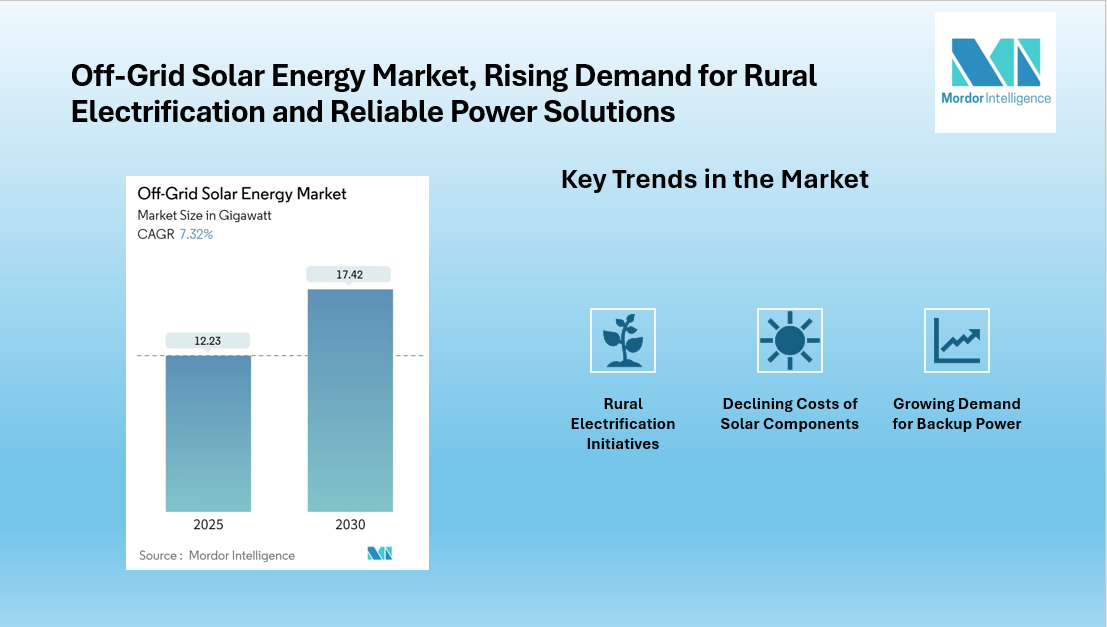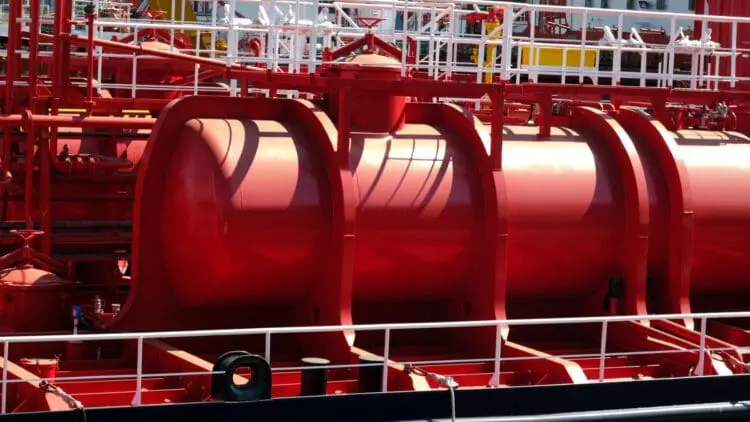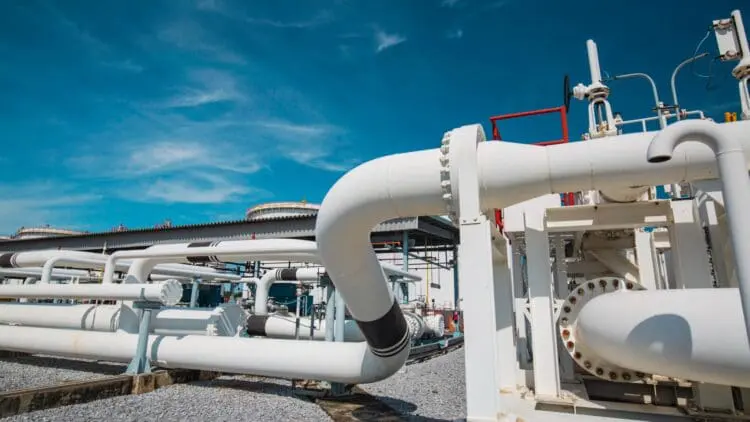Energy Markets

An Investor’s Guide to Africa
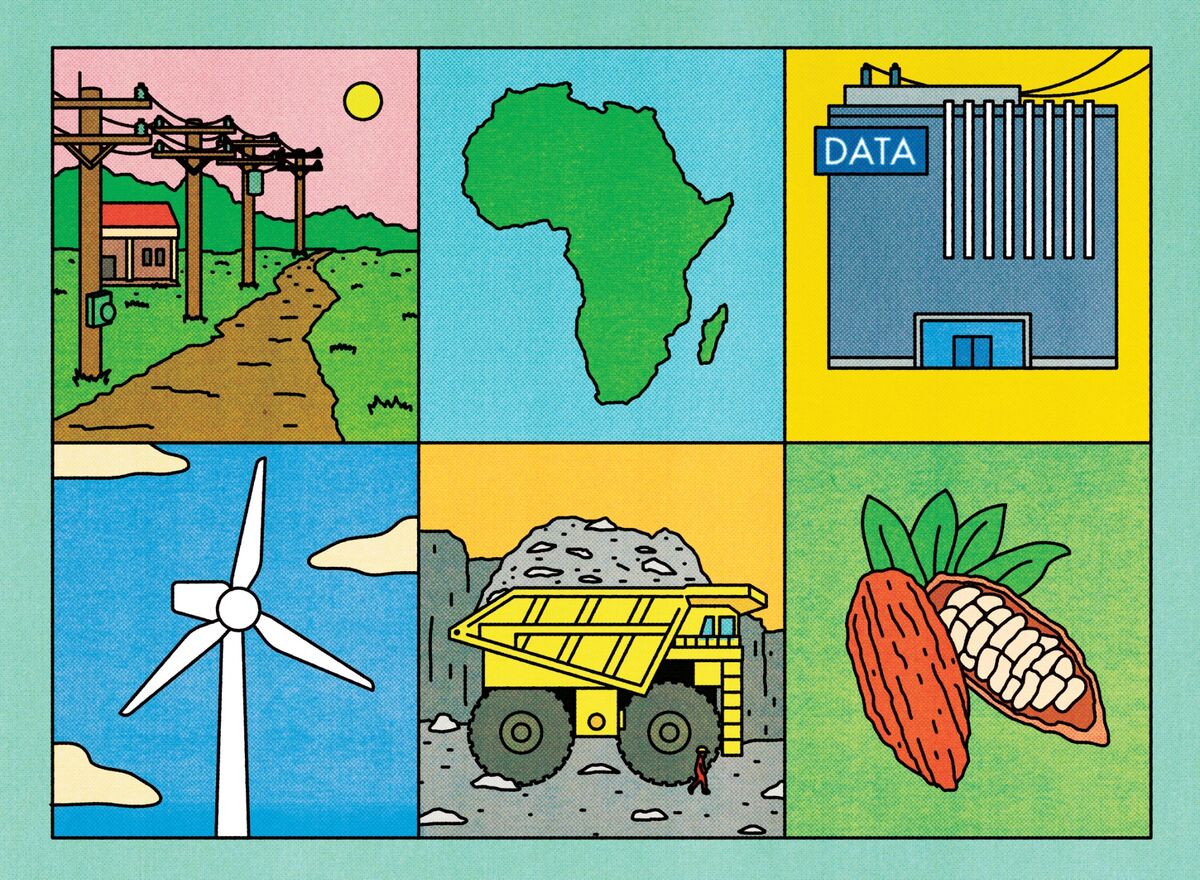
Global investors are increasingly viewing Africa's 54 nations as a strategic destination, attracted not only by its vast natural resources but also by its growing role in the realignment of global trade. Significant capital is being deployed across the continent's industries, a trend accelerated by shifting international trade policies. According to a report from Australia’s Griffith University and China’s Green Finance & Development Center, China alone signed $30.5 billion in construction contracts with African nations in the first half of 2025. Government and corporate entities from Asia, Europe, and the Middle East are also increasing their investments. The continent's appeal is underpinned by its demographic and economic potential. Africa is home to the world's youngest population and some of its fastest-growing economies, with the International Monetary Fund projecting it will be the fastest-growing region globally over the next five years. The African Continental Free Trade Area (AfCFTA), poised to become the world's largest free-trade bloc, is expected to unlock access to a $3.4 trillion market.
However, investors must navigate significant challenges. The African Development Bank identifies an annual infrastructure financing gap of up to $108 billion, alongside issues of policy uncertainty, skills shortages, and rising debt in many economies. As Akin Dawodu, Citigroup Inc.’s banking head for sub-Saharan Africa, notes, successful engagement in Africa requires a nuanced, long-term perspective.
In the agricultural sector, investors are targeting one of the continent's largest untapped opportunities. With about 60% of the world's uncultivated arable land, Africa’s annual agricultural output is expected to reach $1 trillion by 2030. Companies like Al Dahra and Citic Construction are investing, drawn by incentives such as tax breaks and special economic zones, though they face risks from weak infrastructure and unpredictable weather. Key countries of interest include Ivory Coast and Ghana for cocoa processing, Nigeria for staple crop processing, and Kenya and Morocco for horticulture exports.
The critical minerals sector is another major draw, as sub-Saharan Africa holds 30% of the world's proven reserves. With global revenue from minerals like cobalt and copper projected to be immense, the region could see a significant GDP boost. Major players like BHP Group and Glencore are active, focusing on countries such as the Democratic Republic of Congo for cobalt and South Africa for manganese, despite challenges like slow permitting and infrastructure deficits.
Investment in data centers is growing to meet the demands of Africa's expanding digital economy, which currently accounts for less than 2% of global data center capacity. Firms like Microsoft and Visa are investing in prime destinations such as Mauritius and Egypt, attracted by government incentives but cautious of high energy costs and regulatory ambiguity.
Energy market
The renewable energy sector presents a substantial opportunity, with Africa possessing 60% of the world's best solar resources. As electricity demand is set to double by 2040, companies like ACWA Power and Engie are developing utility-scale solar and wind projects in countries like Botswana and Zambia, and exploring green hydrogen in Morocco and Namibia, though grid integration remains a key challenge.
Meanwhile, the oil and gas sector continues to be a cornerstone for many African economies, which accounted for 8% of global crude production in 2023. Despite the global energy transition, majors like Chevron and Shell are investing, particularly in Nigeria's refining capacity and Namibia's new offshore discoveries, while navigating risks such as policy uncertainty and asset vandalism.
Finally, the manufacturing sector offers considerable upside, though it currently represents less than 2% of global output. Driven by rising consumer demand and the AfCFTA, companies like Stellantis and Coca-Cola are expanding operations in automotive hubs like Morocco, electronics manufacturing in Egypt, and agro-processing in Nigeria, despite facing hurdles related to infrastructure and market fragmentation.




